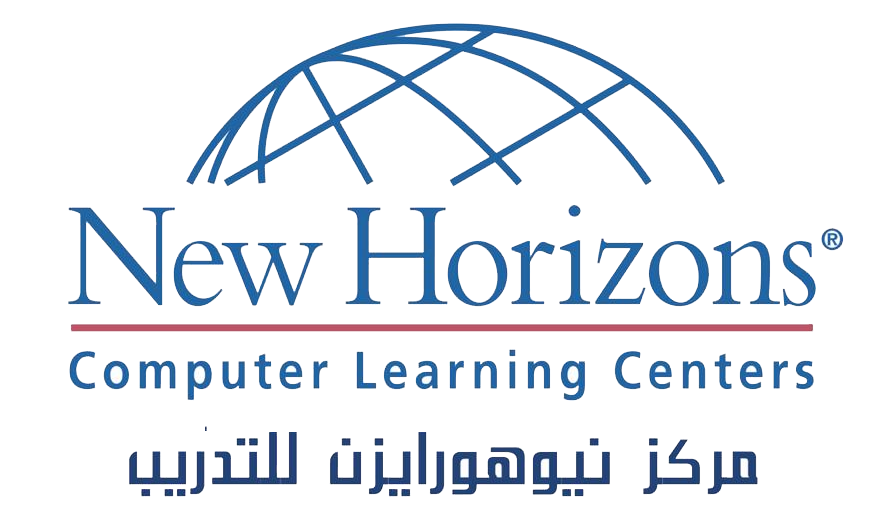5.0 Carpentry
INTRODUCTION TO CARPENTRY
Students are introduced to the various carpentry skills required by this building trade and oriented to trade safety practices, classroom regulations, and carpentry terminology. Students receive an introduction to Green Technology and Energy Efficiency in the trades.
MATHEMATICS FOR CARPENTRY
This mathematics course provides a review of basic mathematics as used in the carpentry field with a focus on measurements, fractions, use of the ruler and measuring tape, and an architect scale.
CARPENTRY TOOLS
Students will learn types and proper use of carpentry tools, such as hand and power tools, hammers, saws, levels, table saws, mitre saws, routers, and sanders.
BLUEPRINTS
Students develop an awareness of blueprint terminology. They learn basic blueprint reading, including recognizing distances, placement, and symbols. Students learn to interpret detailed views and prints.
WOOD, WOOD FASTENERS, AND HARDWARE
Students learn about the various types and sizes of lumber. Students develop a working knowledge of the use of fasteners in carpentry. Also covered is the installation of hardware, such as locks, deadbolts, and other accessories.
FRAMING
Students learn layout, setting joists, and both wall and roof framing. Students are taught the difference between various insulation, for example, R valves and faced
and un-faced insulation. Students observe a blower door evaluation for sealing draft buildings.
ROUGH FINISHING
Students learn to build stairs and to construct wall sheathing, sub-flooring, vinyl siding, and shingle roofing.
FINE FINISHING
Students learn to install doors, windows, and wood trim and to perform related millwork. They learn to install kitchen cabinets, and counter tops. Students also learn to lay-out and install ceramic tile, acoustic ceilings, and vinyl tile.
DECKING
Students receive instruction in the layout and construction of wood decks.
PROFESSIONAL DEVELOPMENT
Students learn the skills employers require for positive work relationships and long-term employment. They include targeted workplace competencies: problem solving and other cognitive skills, oral communication skills, personal qualities, work ethic, and customer service, interpersonal and teamwork skills. Students also learn about the importance of professionalism on the jobsite and employer expectations. Employment Specialists teach students effective Internet, interviewing, and job search skills.
